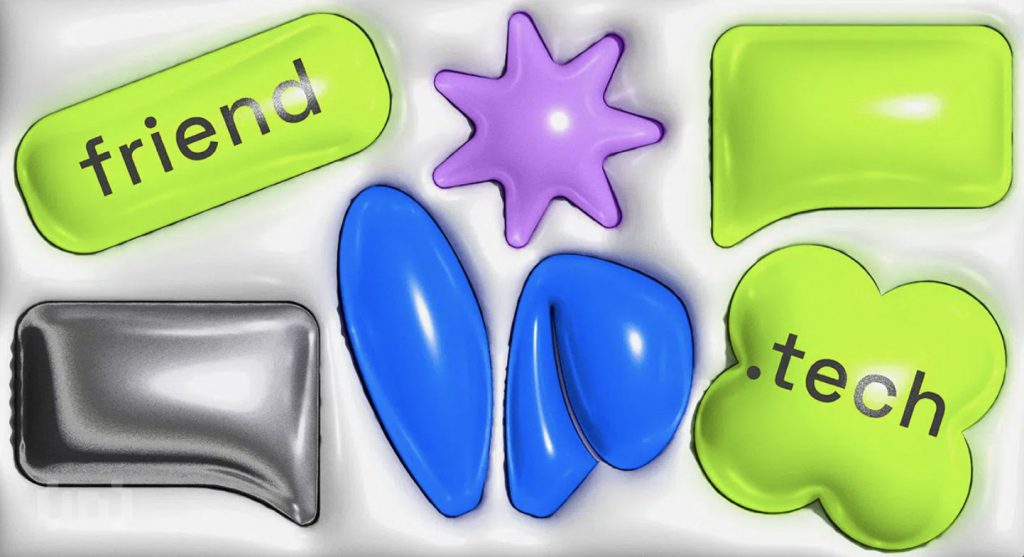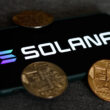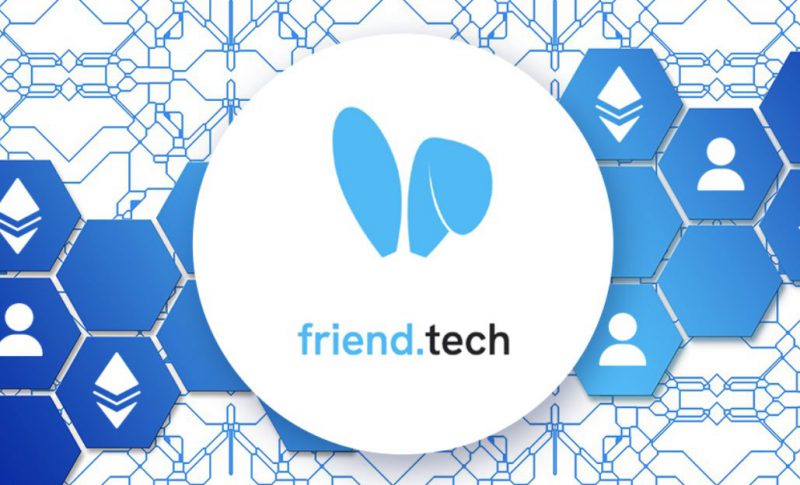Does Friend.Tech Have a Token? A Comprehensive Guide
In the cryptocurrency world, new platforms and technologies are constantly emerging, offering innovative ways for users to engage with digital assets.
One such platform that has recently gained attention is Friend.tech, a decentralized social app that aims to revolutionize the way people connect and interact online.
With its unique social media and blockchain technology approach, Friend.tech has quickly become a hot topic in the crypto community.
This article will explore the development and purpose of Friend.tech’s token, which was recently renamed from “Shares” to “Keys.”
Also read: Bitcoin ETF Approvals Will Make Crypto Exchanges Suffer: Analyst


The Rise of Friend.tech
Friend.tech burst onto the scene just three months ago, undergoing a significant pivot that went largely unnoticed at the time.
However, since then, the platform has experienced a surge in popularity, attracting celebrities’ and creators’ attention.
This rapid rise in popularity has led some to question whether Friend.tech is a legitimate platform or if it is simply a Ponzi scheme.
Despite the skepticism, Friend.tech has managed to carve out a niche in the crypto world.
The name change
One notable development in Friend.tech’s journey is the recent announcement of a name change for its core asset.
Originally referred to as “Shares,” the platform’s developers renamed it “Keys.”
According to a tweet from Friend.tech, the original name was only a placeholder during development, and they believe that “Keys” better reflects the purpose of the asset as in-app items used to unlock friends’ chatrooms.
“We’ve renamed shares to keys.” The original name was a placeholder during development, and we think Keys better illustrates their purpose as in-app items used to unlock your friends’ chatrooms. – Friend.tech
This name change aligns with the asset’s functionality and serves as a strategic move to avoid potential legal issues.
By avoiding the term “shares,” Friend.tech aims to avoid scrutiny from regulatory bodies like the U.S. Securities and Exchange Commission (SEC).
Also read: G20 Chair India: ‘Active’ Crypto Discussions Are Going On
The Importance of Naming


The decision to change the name of the asset was not solely based on legal considerations. Orlando Cosme, a legal expert, explains that the original name “Shares” raised concerns due to its association with traditional securities.
The Howey test in the US emphasizes profit expectations to classify a transaction as a security.
Cosme states that by calling their asset “shares,” Friend.tech risked creating the impression that the tokens were similar to stocks, potentially subjecting them to securities regulations.
Changing the name to “Keys” helps to avoid such associations and reduces the likelihood of attracting unwanted scrutiny from regulatory authorities.
Friend.tech’s Token Functionality
Although the asset has undergone a name change, its functionality remains intact. Friend.tech’s “Keys” serve as in-app items allowing users to unlock private chatrooms with friends.
Chatrooms offer exclusive, intimate interaction, free from traditional social media’s noise and distractions.
To acquire these “keys,” users can buy and sell them on Friend.tech’s platform, which operates on Coinbase’s Base scaling network for Ethereum. Users transact securely with smart contracts, guaranteeing interaction integrity and transparency in this decentralized approach.
The Debate on Securities Classification


The name change may ease security concerns, but Friend.tech tokens could still face scrutiny.
Cosme thinks most tokens aren’t securities. Still, he highlights how users promote tokens and structure chatrooms’ potential impact.
Depending on these factors, the tokens’ classification as securities could change.
Conclusion: Does Friend.Tech Have a Token?
Friend.tech transformed from obscurity to crypto stardom, sparking excitement and controversy.
The name change from “shares” to “keys” indicates a commitment to aligning assets with purpose, avoiding legal issues.
As Friend.tech evolves and attracts users, “Keys” could impact its decentralized growth and success.





